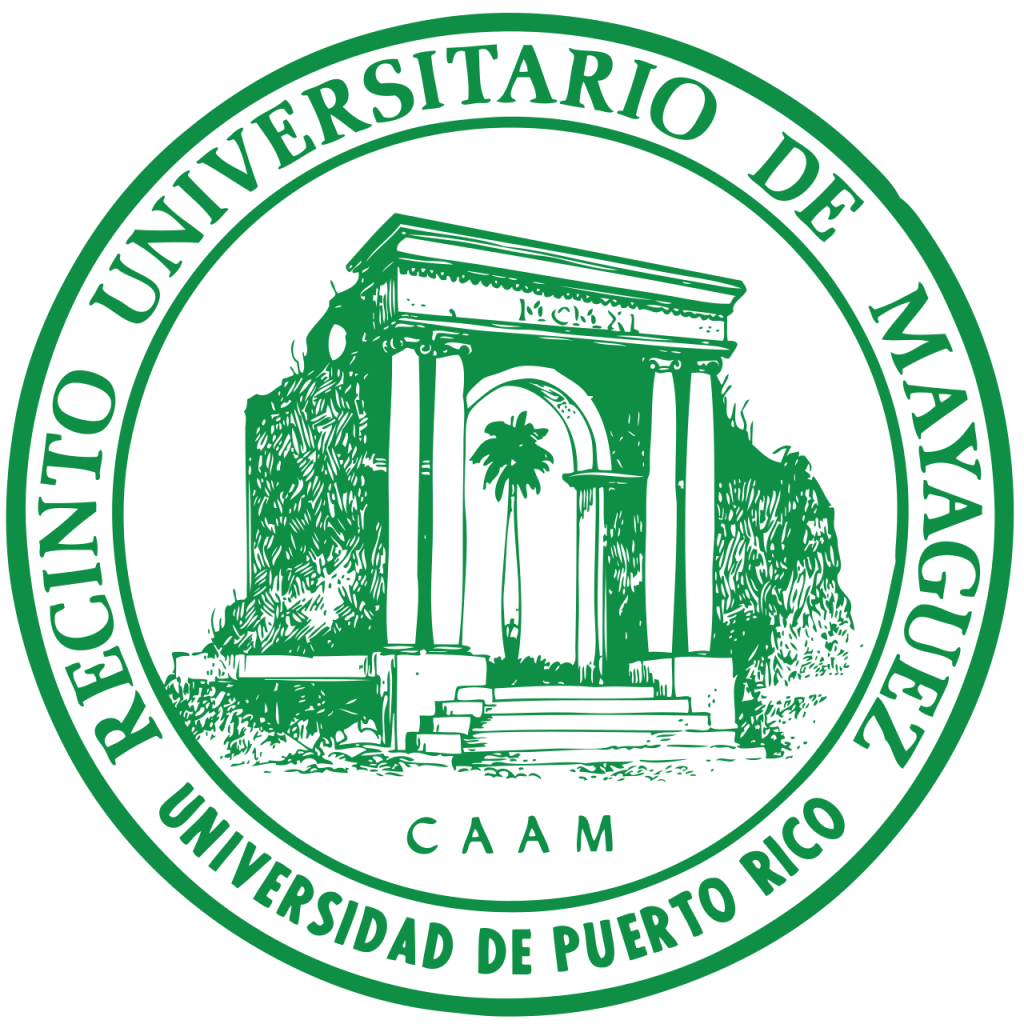
Participating date: April 6, 2022
Schedule: 4:00 PM – 4:20 PM
General Description: Bacterial endospores are resistant structures produced as a defense mechanism to adverse conditions. The endospores can maintain themselves dormant for longer periods of time, until the conditions are optimal for germination. Bacillus cereus is a gram-positive bacteria, known for its large size colonies and ability to produce endospores. B. cereus endospores are known to be resistant to radiation, heat and chemical treatments. The length of the endospores can be up to 1.47µm and the diameter can be up to 0.90µm. The purpose of the research is to optimize the production and purification protocol of endospores produced by B. cereus. The optimization of the production of endospores will be made by exposing the bacteria to different growth conditions, like nutrients and temperature. The endospores presence will be detected by using an endospore staining protocol. The selection of the best purification of endospores will be done by comparing various methods of purification including ethanol purification, heat-shock, daily water washes and lysozyme. The criteria for the best method will be based on the highest quantities and quality of viable endospores. The results and recollection of endospores will be used in further experiments involucrating the use of spectroscopic techniques.
Interested Majors
All majors are welcome
Level of Education
Undergraduate
Graduated
Professor/Advisor
Dr. Carlos Ríos Velázquez
Schedule
April 6, 2022
4:00-4:20 pm
Google Meet Link
CLICK HERE TO JOIN
[pvcp_1]
